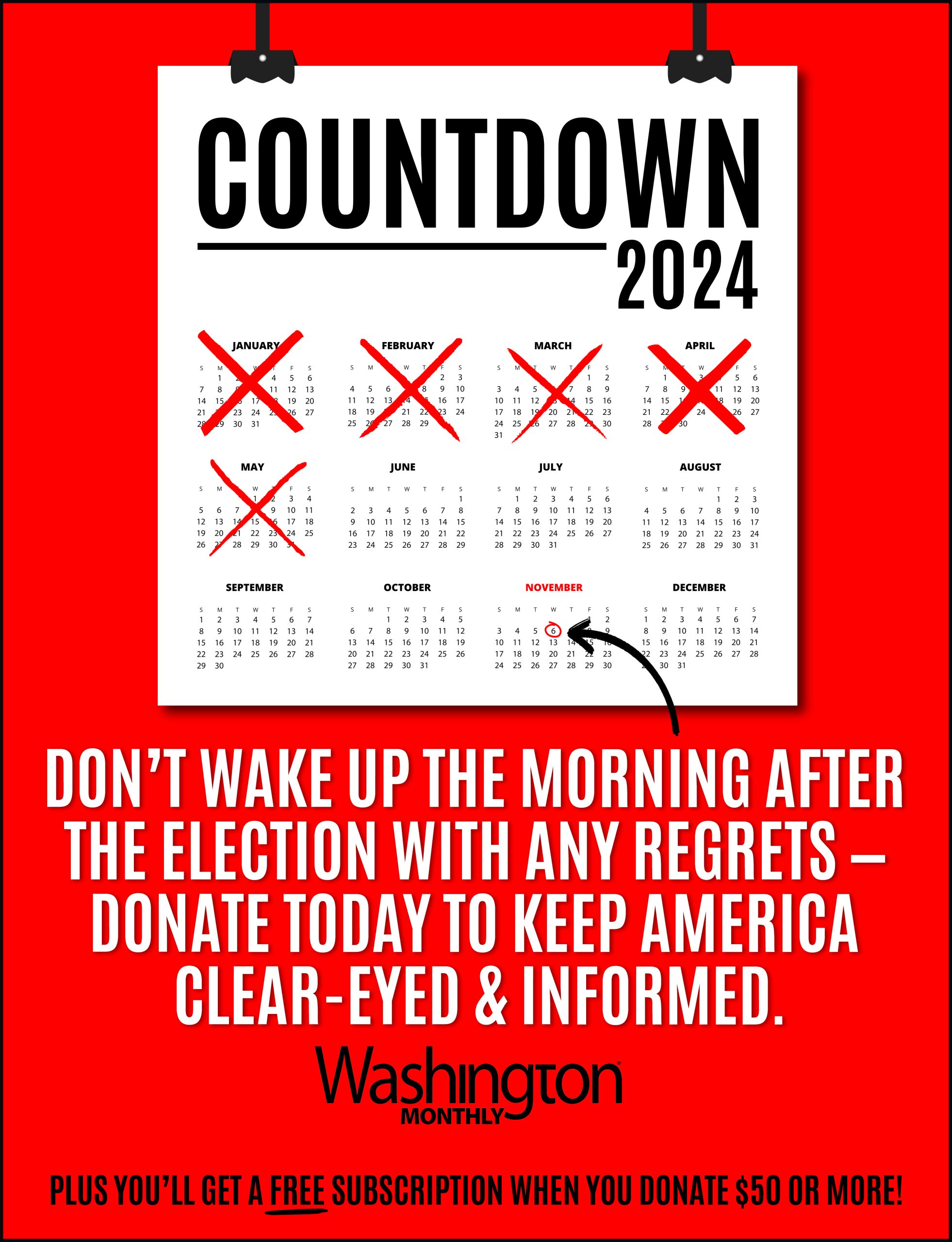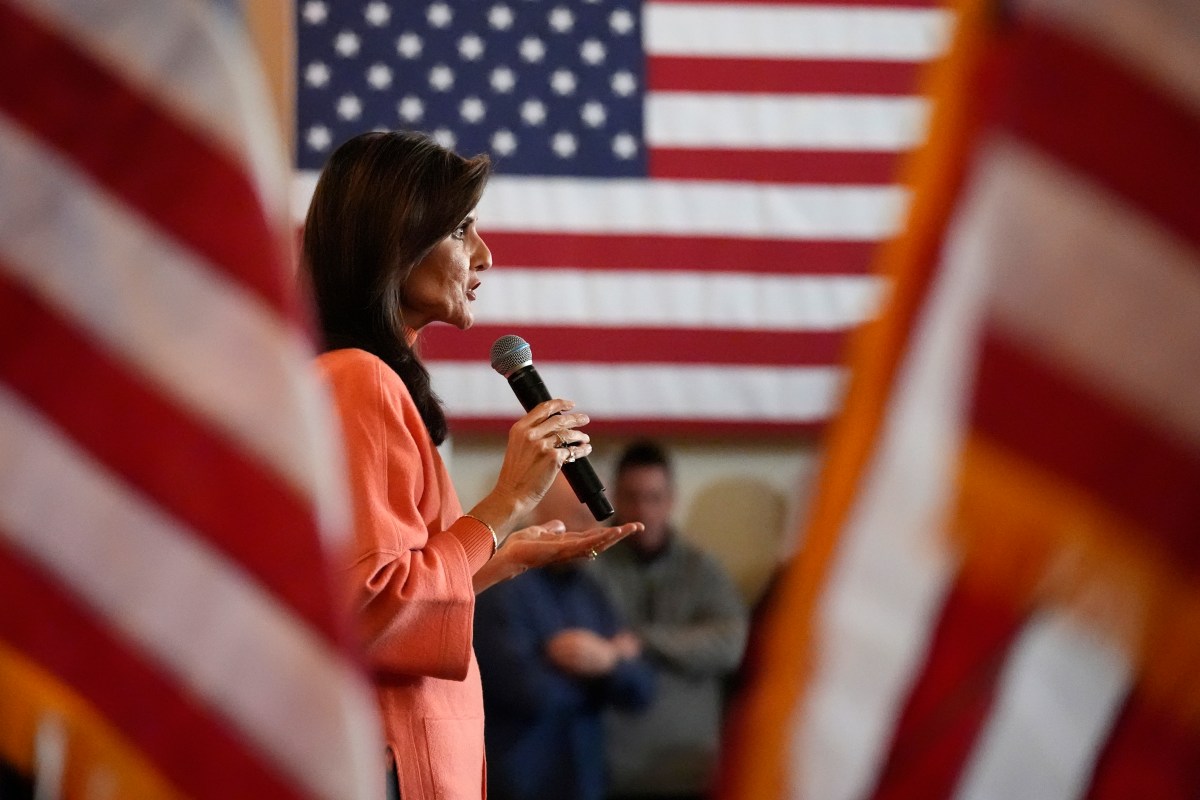The (scant) history of New Hampshire surprises
We are hours away before we learn the winners of the New Hampshire primaries, and perhaps the end of the entire primary campaign.
The polling averages provide no suspense. On the Republican side, Donald Trump has a 19.3 point margin from Real Clear Politics and 15.6 from FiveThirtyEight.
For New Hampshire’s Democratic primary—which will not count towards the party’s convention delegate selection, has not direct bearing on the nomination, and does not include Joe Biden on the ballot—in the four polls taken this month Biden, as a write-in candidate, leads Representative Dean Phillips by 44 points.
But polls can be wrong, right?
I have more on the history of New Hampshire primary polling, but first, here’s what leading the Washington Monthly website:
***
- The New Hampshire Primary: A Love Story: Former host of MSNBC’s Hardball and Washington Monthly Contributing Writer Chris Matthews makes the case for keeping the Granite State primary first. Click here for the full story.
- Approve the Nippon-U.S. Steel Deal: Former congressional defense budget analyst Mike Lofgren beats back charges that the pending deal would harm national security. Click here for the full story.
- Trump and Giuliani Can’t Easily Wiggle Out of Defamation Payments: Former federal prosecutor James D. Zirin reminds the two defendants that “defamation is an intentional tort that is not dischargeable in bankruptcy.” Click here for the full story.
***
We certainly have examples of polls missing the mark, but the track record of New Hampshire primary polling is quite accurate.
Real Clear Politics calculated averages for the 2008, 2012, and 2016 New Hampshire Republican primaries. In each case, the average margin in the polling average was within four points of the Election Day result.
Averaging a New York Times roundup of January 2000 New Hampshire polls indicates John McCain held a 6.6 polling lead heading into Election Day, which he won by 18.1 points. In 1996, the Associated Press reported that Bob Dole and Pat Buchanan were “tied for the lead in New Hampshire in all five nightly polls,” before Buchanan eked out a one-point victory.
The biggest Granite State surprise on the Republican side was in 1988, when George H.W. Bush rebounded from an Iowa defeat to beat Dole by 9.2 points. The Washington Post reported afterwards that “many polls … caught the movement to Bush in the closing days” but only one had Bush ahead. (CBS News had Bush up 5. Gallup was way off, with Dole ahead by 8.)
We have two famous surprise wins on the Democratic side: Gary Hart in 1984 and Hillary Clinton in 2008.
Hart was trailing Walter Mondale by double digits in late New Hampshire polling, but the same polling also showed upward movement following his expectations-beating second place in Iowa. He beat Mondale by 9.
The Real Clear Politics average showed Barack Obama with the momentum heading into New Hampshire, leading Clinton by 8.3 points. Polling didn’t detect reaction to late developments: Obama’s patronizing “you’re likable enough” comment three days before Election Day, and Clinton’s teary “this is very personal” moment one day prior. Clinton came back to win by 2.6.
***
For Haley to overcome a polling deficit of at least 15 points would not only be historic; it would fly in the face of everything we know about campaign dynamics.
Not only is she behind, she has lost momentum in the final days. If the withdrawal of the moderate Chris Christie gave her a temporary boost, that was more than negated by the departures of the Trump-like populists Ron DeSantis and Vivek Ramaswamy.
And we have little reason to believe that any of Trump’s recent outrages and oddities would spark a hereby undetected 15-20 point swing. He’s acted this way for months and years, and only solidified his bond with the Republican base in the process.
***
The unsanctioned Democratic contest is a stranger affair with little precedent. The 1968 incumbent Lyndon Johnson was running as a write-in when the anti-war Senator Eugene McCarthy won a shocking 42 percent, prompting Johnson to bow out.
Phillips is clearly hoping for a similar shock, but without a motivating issue like Vietnam to drive turnout, hope is all he has.
Perhaps he can beat his polls in a low turnout affair with his opponent not on the ballot, but that will likely only provoke some overheated pundit chatter, not force Biden out of the race completely.
So tonight, don’t be surprised if we have no surprises.
FIND THE MONTHLY ON SOCIAL
We’re on Twitter @monthly
We’re on Threads @WAMonthly
We’re on Instagram @WAMonthly
We’re on Facebook @WashingtonMonthly
Best,
Bill



